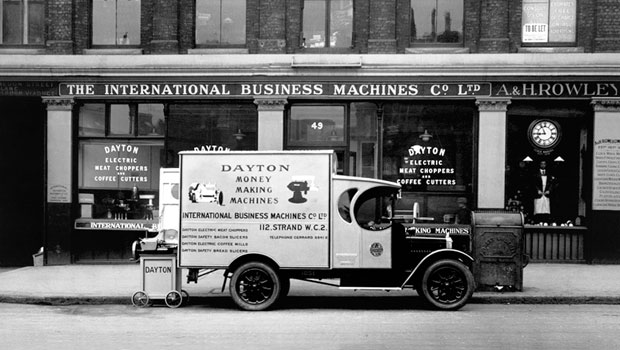One of the stark realities of the technology industry is there is no third place – if you aren’t the biggest or second biggest in a mature market then you need to get out.
With internet businesses it’s now appearing there may not even be room for second placed businesses as increasingly each market segment is dominated by one player.
For Silicon Valley’s leaders, having a monopoly is their nirvana. As PayPal founder Peter Thiel once wrote, competition is for losers, which is ironic given his fortune is based upon challenging the banking and payment oligopolies.
So with attitudes like Thiel’s, and the massive power of companies like Amazon, Facebook and Google, it’s not surprising there are now calls to break up the tech giants.
There are some compelling arguments for this, the splitting of Bell Labs in the 1950s spawned the birth of Silicon Valley and the breaking up of AT&T created the conditions for development of the internet and mobile network. Monopolies stifle genuine innovation.
For customers, the argument is moot. Very rarely does a monopoly result in anything but poorer service and higher prices.
Even for shareholders, there’s a good argument for breaking up monopolies. A company with massive market power is often over staffed and poorly managed and the splitting of Standard Oil in the 1911 gave rise to dozens of new oil companies who returned far more to investors than the staid giant ever would.
It’s hard though to see how companies like Google, Facebook and Amazon could be broken up. Unlike telephone networks, oil refineries and gas stations it’s difficult to separate assets or products. Breaking up Google, for example, may only result in more monopolies over smaller markets.
However in the tech industry, a monopoly may not be permanent thing. Forty years ago IBM was the untouchable incumbent and twenty years ago it was Microsoft. Both today are shadows of what they once were as markets overtook them.
So perhaps it’s too early to call for the breaking up of today’s tech giants because, like Microsoft and IBM, their success is based on a fleeting technological moment.

Leave a Reply